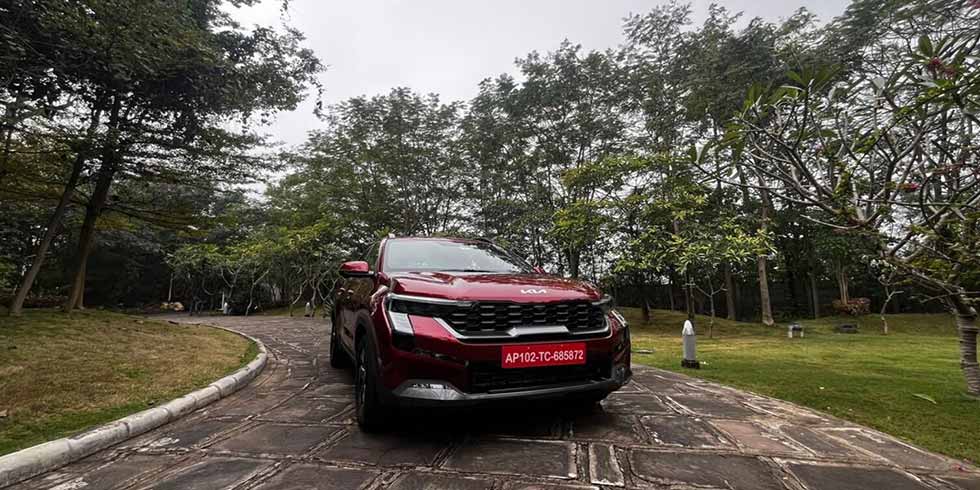Mercedes-Benz regained its leadership in the Indian luxury car market in 2015 after six years, edging past rival Audi with a lead of over 2,300 units. BMW, the third luxury German brand, finished the year at the No. 3 slot.
Mercedes has been riding on the back of fresh designs and a string of launches. The company sold 13,502 units last year (at a growth rate of 32%) while Audi managed to sell 11,192 (3% growth). BMW is yet to announce the final sales numbers, though these are expected to be under 10,000 units.
A stronger dealer network and as many as 15 new launches last year saw Mercedes-Benz widen its reach in the market, especially as it attracted younger buyers. "We are confident of maintaining the lead," Roland Folger, MD & CEO of Mercedes-Benz India, told TOI. "New products and a further strengthening of our network will ensure that we stay true to our motto of 'winning with Mercedes' in 2016."
Joe King, head of Audi in India, said the company will introduce more products. "We are committed towards bringing in new products which are technologically advanced, smart, agile and comfortable."
But the journey for Mercedes has not been easy, especially as it was identified as a brand more popular with the older generation. A completely refreshed and contemporary styling worked for the brand, which saw the average age of its buyers come down to 37 years from the 45 years till just a few years back. "Those buying our products include young entrepreneurs, and many running startups. The cars look younger, and we also have sportier versions in the strong line-up of AMGs," Folger said.
But the ban on diesel vehicles with engine capacity of over 2,000cc in the Delhi NCR region is a worry for the company. Mercedes has seen all its diesel variants being counted out in the critical region which accounts for 20% of its India sales. At the same time, Audi and BMW have seen a majority of their vehicles duck the ban as many of them have diesel engines under 2,000cc.
"The decision was surprising for us. However, we support measures aimed at controlling pollution and tackling environmental issues. We also welcome the government's move to introduce stricter, and more efficient, BS6 norms earlier than stipulated," Folger said.
Mercedes-Benz beats Audi, regains top slot in Indian luxury car market after six years










Add Comment